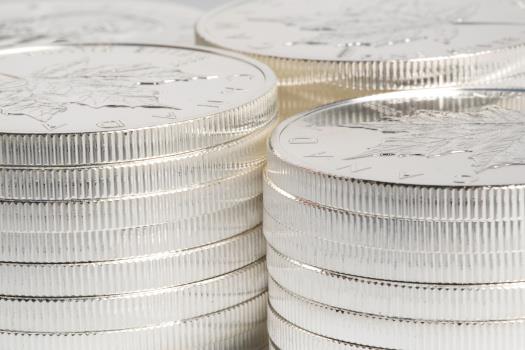How to Cash in Your Silver Coins
Collecting silver is a pastime for many people who want to build collections for fun, intending to increase the value of their collections and sell them in the future. Silver is one of the top choices because of its scarcity and appeal, making it a high-demand precious metal that can withstand various challenges. Below are some tips, advantages, and cautions to consider when cashing in your silver coins, brought to you by the precious metals experts from First National Bullion, the silver and gold dealers San Diego collectors rely on for outstanding quality and service.
Know the Importance of Market Value
Before cashing in your silver coins, research the market to prepare for any setbacks. That will teach you more about current value, as it can fluctuate each day, just like other markets, such as oil. The objective is to cash in your silver coins when the market is at its highest.
You’re likely to receive some type of financial benefit even if the market is low, as silver can withstand inflation. Speaking with professional sellers and precious metals firms could give you access to websites and tracking systems that offer information about silver coins and their market value.
Determine Your Financial Status
Your financial situation is likely the most important factor in deciding if you want to cash in your silver coins. For example, if you’re dealing with hardships and need to pay for those financial issues, cashing in precious metals may be one option. The decision is ultimately yours. However, be mindful of risks that could occur, especially regarding the selling price.
In contrast, your current finances may be in excellent shape. Therefore, you might bypass cashing the coins in now, waiting for the value to increase so you can receive a good return on your investment.
Learn More about Your Collection
Selling your silver coins could be a challenging process if you haven’t appraised your precious metals. You’ll need to determine the value of the coins and identify which ones hold value and which ones are considered junk. The more you know about your coins, the less challenging the selling process could be.
Some of the most common silver coins are dollar coins, dimes, nickels, quarters, and half dollars. Silver is one of the most dominant precious metals and comes in a variety of purity ranges, from thirty to ninety percent. Learning more about your coins can make your decision to sell less difficult, but it also lets you know when to turn away certain offers so you can get the best deal.
Research Selling Venues & Locations
Once you decide to cash in the coins, you need to know where to sell them. Private buyers, dealers, and coin shops are the most common options. Even though silver is always in demand, making it a smart collecting decision, quick sales could have some drawbacks. For instance, a buyer may not pay you for the coins’ actual worth.
Going to an in-person location is what many sellers choose to do so they can have the ability to learn more about the buyer or boutique. You also have the option to sell online or at an auction. Keep in mind most locations charge additional fees, including taxes, so always do your research before you decide to cash in.
If you’re looking to cash in your silver coins, trust the experts at First National Bullion. In addition to selling various forms of bullion, we also buy gold, platinum, and silver bars. San Diego collectors who are looking for the highest-quality advice on buying or selling gold or silver coins, bars, and bullion should give us a call to speak with one of our precious metals experts.
The statements made in this blog are opinions, and past performance is not indicative of future returns. Precious metals, like all investments, carry risk. Precious metals and coins may appreciate, depreciate, or stay the same in cash value depending on a variety of factors. First National Bullion does not guarantee, and its website and employees make no representation, that any metals for sale will appreciate sufficiently to earn the customers a profit. The decision to buy, sell, or borrow precious metals and which precious metals to purchase, borrow, or sell are made at the customer’s sole discretion.


